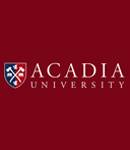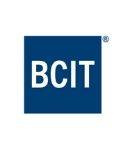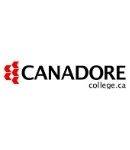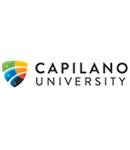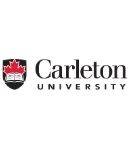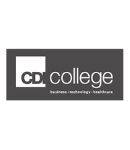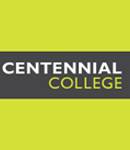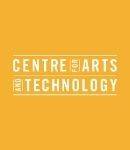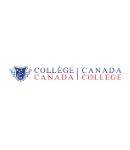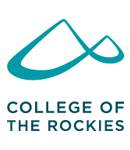Canada
Why Study In Canada
Canada – an education hub and multi-cultured society has always remained a favorite destination for student- immigrants as well as PR- immigrants. It’s vivacious lifestyle enthrall candidates from all across the globe to taste it’s style of life. Canada is among the most ethnically diverse nations and also its advance economy is one of the largest in the world. What makes Canada more special is the fact that the country spends billions on domestic development and research. Furthermore, 23.9% of population of Canada belongs to non-religion group which keep Canadians and immigrants distant from communal riots and discrimination. English and French are the driving languages of the country.
Students from India, China, Nepal, U.S.A, Mexico, Iran etc strongly choose Canada for their higher education and called it a land of possibilities and opportunities. Various factors like; comparatively affordable education, multi- cultural society, healthy and safe communities, thrilling campus lifestyle have captivated aspirants from all around the world to experience studying in this country. Universities of Canada are majorly publicly funded and have co-operative education in almost every field which gives students enormous areas of study within a single campus. These all factors have led Canada to become a top OECD (Organization for Economic Corporation and Development) country. Moreover, delivering Quality and Practical education is the motto of, almost, every institute of Canada.
International Students holding a Canadian degree can work across the globe in highly reputed organizations. Many degrees and diploma programs are available for students from different countries in Canadian academic institutes.
Home of some of the most respectable universities and colleges, Canada is the top study destination for Indian students. Canada’s study, work, and immigrant advantages attract tens of thousands of international students not only from India but around the world every year. The country is also known for its diverse culture and majestic sceneries.
Canadian Institutes with the first-class infrastructure offer easy access to a wide variety of technology as Canada is a safe country for pursuing education. Canada is famous for its education system. Canadian degrees are considered equivalent to the degrees from the US, Australia, and other Europe countries.
A vast number of courses with a practical approach makes Canada an excellent destination to study abroad. The foremost goal of the Canadian Education System is to make students successful in every aspect of life.
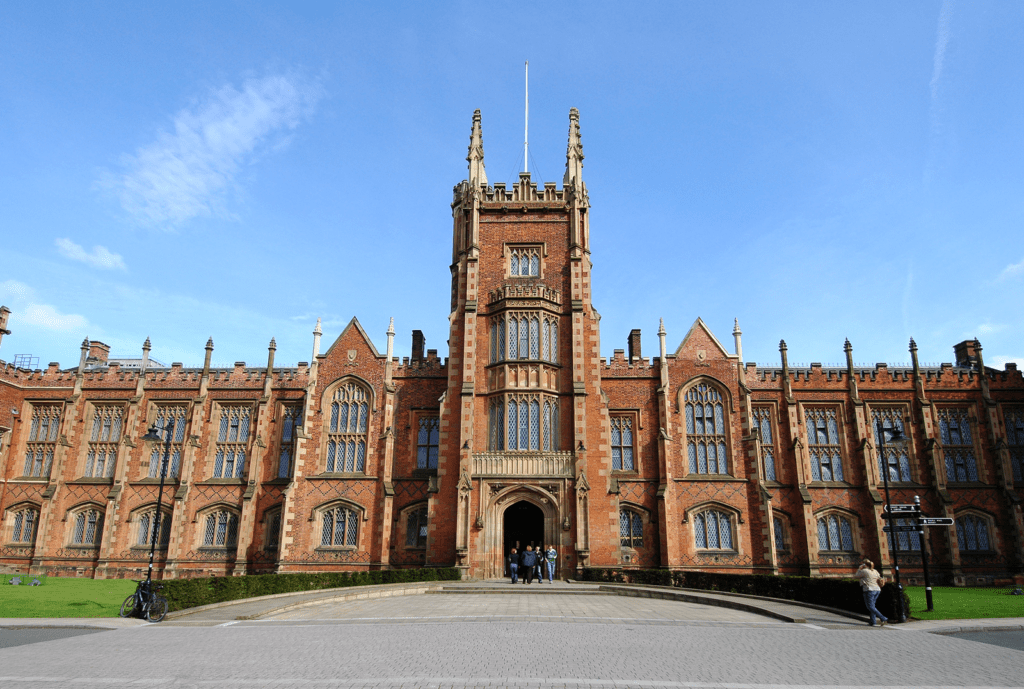
Benefits of Studying in Canada
International students can continue Education in Canada’s top Universities because of the reasonable fee structure as compared to other nations. Canadian degrees are well-reputed. Students can also work while studying to benefit from internship opportunities. Moreover, there are a considerable number of benefits of studying in Canada.
- Multicultural Society: Students from different parts of the world are studying in Canadian Institutes, which is one of the main attractions of Canadian Institutes. Toronto and Ontario are declared as the best International cities by Fortune Magazine.
- Canadian Lifestyle: Canada is the best place to live in the world, according to the UN survey. Canada is ranked number one for the past 9 consecutive years. Canada gets a high score because of its high-quality Education System, less crime rate, less violence, reasonable living costs, etc.
- Work Opportunities: Students can work part-time in Canada during their academic course by which they can be able to pay their daily expenses. The maximum duration of part-time work is 20 hours/week. Where students who have opted co-op program can work full time.
- Living standard: International students usually get fascinated by the living style of Canadians because they have one of the highest living standards. Major cities in Canada have a variety of shopping centers, art centers, restaurants, Colleges, Universities, etc. Moreover, post-secondary campuses of Canada are equipped with the latest technology.
- Reasonable expenses: The inflation rate of Canada is very low as compared to industrial countries in the past three years. Tuition fees for international students in Canada is much lower than their counterparts in competing countries. Moreover, the educational quality of Canadian Institutes is excellent and affordable. So, admissions in Canadian institutes are more competitive for Students from different nations.
- Research Value: Research plays a vital role in acquiring advanced knowledge. Canadian universities run many scholarship programs to encourage talented students. Moreover, depending upon the research topic, The Canadian Government and private business entities may offer to cover the entire cost of the research, which makes it more appealing to study in Canada.
Top Courses in Canada
Engineering and Technology
Engineers with formal training and accreditation are called Professional Engineers. In Canada the accreditation organization is the Canadian Council for Professional Engineers. Study in Canada for Indian students is eminent in this field because of the updated technology and ample resources that are readily available in the country. Although it is competitive in nature, Engineering is one of the most sought after and highly paid jobs.
Business Management
Canada also offers a bounty of academic opportunities to its students to learn Business. Business schools in Canada develop future leaders by focusing on analytical, organizational and management skills. As Canada education consultants, we view that Business courses are the most common courses opted by students due to their popularity across the globe. These majors in Canada scale up to 51% of preference and offered by majority colleges in Canada.
Tourism and Hospitality
Tourism and Leisure refers to the management of products and services related to such activities as traveling for pleasure, personal recreation and various social events.
Sports
It studies the psychology of sport and exercise. This includes coaching, motivation and emotion, psycho pharmacology, and stress.
Biological and Life Sciences
Canada is considered as one of the largest Biotechnological hubs outside the U.S.A. With its prominent universities and research institutes, the booming economy and advanced technologies allow researchers to perform and progress. Biologists can combine their Biology degree with other fields to work in Applied Science such as Biotechnology, Forensic Sciences, Politics and Study Policy and Science Writing in Canada
Humanities and Social Sciences
Under this domain, the study of Psychology is a very popular. It involves the study of humans and other life forms. The psychology courses in Canada have become increasingly popular over the years. The course stands out from the usual clinched study of Business and Engineering.
Engineering is still one of the most eminent courses in Canada. Alongside, the study of Arts, Music and Theatre are a few special courses to study in the Canadian universities. It also includes other courses:
Aviation
These courses in Canada prepare students to safely operate a complex aircraft, to understand the technologies and human factors that affect the successful operation of an aircraft and to assume the professional responsibilities associated with being a commercial pilot.
Law and Regulations
Students learn a general overview of the Canadian legal system, and have access to specialize in Civil or Property Law, Environmental Law, and many more.
Language
Canada has two official languages, English as a First Language (ESL) and French as a Second Language (FSL).
Career Opportunities in Canada
On completion of study in Canada from India, students graduating from a program of 2 years or more are eligible for a 3-year work permit after graduation with no restrictions on the types of employment and no requirement for a job offer. The experience gained would provide them with an opportunity to work in an international setting and at the same time allow them to earn the money invested.
Canada is an international leader in Java, computers, networking and wireless communications. Insulin and flat-screens are some of the leading inventions originated in Canada. It has a reputation of excellence in sectors that include telecommunications, transportation, engineering, microelectronics, hydroelectric power, biotechnology, food & beverage processing, geometric, ocean & environmental industries, aerospace etc. Some top Canadian companies recognized internationally are Black Berry, IMAX, BATA, Corel etc. The Gourmand Report ranked 18 of North America's Top 40 Electrical Engineering Faculties in Canada. The Global Competitiveness Report 2000 ranked Canada 1st in Knowledge workers.
Co Operative Work Term
Co-op is a work term provided as part of the course curriculum. It provides an excellent opportunity to gain first-hand practical experience related to the field of specialization. Study in Canada for Indian students enables them to gain job experience while continuing to study. Co-op provides full-time opportunities that last for 12 to 17 weeks. Co-operative work programmes combine courses in many subjects with relevant work, giving students an invaluable head starts to their careers. This assists international students in connecting with the Canadian job market and developing networks.
Work During Studies
1st June 2014 onwards, full-time students are eligible to work off-campus without a work permit for up to 20 hours per week and full-time during vacations. Several programs may even have a paid co-op term where students get hands-on experience in working in the industry. They can earn approximately C$ $11-$15 per hour. Students can work full-time off-campus during co-op terms, amounting to earnings between C$ 700 to C$900 per month. As Canada education consultants we inform students that on completion of the program, they can work up to 3 years depending on the length of their study program.
FAQ's - Study in Canada
What is an ICCRC Membership?
The Immigration Consultants of Canada Regulatory Council (ICCRC) is a non-profit organization appointed by the Government of Canada to regulate the immigration consulting profession and safeguard consumer interests. Immigration consultants provide their services to individuals seeking help to navigate immigration issues in Canada.
Is It Mandatory for A Student to Apply Through An ICCRC Member?
No. It is not mandatory for a student to apply for a student visa via an ICCRC member as per Bill C-35. Further as per IMM5476E (Use of Representative Form) it is clearly stated that one need not hire an immigration representative (ICCRC Member) and can be represented by any individual to conduct business on his/her behalf with Citizenship and Immigration Canada and Canada Border Services Agency.
Why Apply Through Edwise?
Edwise is the authorized direct representative for colleges and universities in Canada. As eminent study in Canada consultants, all services offered by Edwise are free. It is India’s Leading Overseas Education Consultancy since 1991 having 23 offices across India.
What Is the Difference Between a University and a College?
Universities are educational institutions attended after at least 12 years of school, or after secondary school for studies leading to a degree and research. All Canadian Universities offer a 4-year Bachelor’s degree programs; most offer one to two years Master's degree and some also offer Doctoral or PhD programs. Few colleges, schools and universities offer bachelorette degrees to students. Community colleges are two-year institutions that offer technical or vocational courses, or courses for transfer to a university, leading to a Certificate or Diploma. These colleges do not generally offer degree programs.
Can I Study and Work Part-Time to Finance myself In Canada?
Yes, you can in certain circumstances. However, when applying for a student authorization you must be able to prove to the visa officer that you have enough finances to support yourself for the entire length of your study program. International students can work off the University/College campus for 20 hours/week during their study in Canada and 40 hours/week during their vacation period. Full-time students can work in their institutions without the need for employment authorization. They can earn approximately C$ 7 - C$ 10 per hour. Students can work full-time off-campus during co-op terms and can earn approximately C$ 10 - C$ 15 per hour, amounting to C$ 400 to C$ 1,000 per month. Students are allowed to work in Canada for 1 to 3 years after completing their academic program depending on the length of the program.
Does A Diploma Hold Value?
Colleges offer a wide variety of career-oriented programs like Advanced Diplomas/ Diplomas/ Certificates. These programs are specially designed to give students the opportunity to learn and develop many marketable skills in their preferred career. It emphasizes on the technical aspects whilst providing hands-on experience and fundamentals of the program. These programs give the students a practical background that employers demand and help them get jobs easily. It may often happen that students who have completed a vocational program may get better jobs/salaries than those who have studied in a University Degree Program.
Do Students Need Health Insurance?
Yes. As Canada education consultants, we inform students that health insurance is mandatory. Students will have to arrange for medical coverage before their study in Canada. Medical coverage varies from province to province, and sometimes from university to university within each province. Most of the institutes have health insurance included in their tuition fees. Students may also take health insurance from India.



